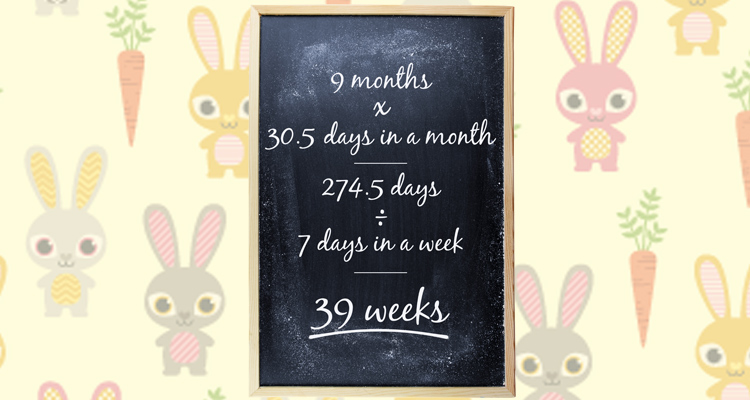Many people think of pregnancy as lasting for nine months. Basic math would indicate that nine months times 4 weeks in a month is 36 weeks. But, in reality, nine months is really 39 weeks. Research shows that when it comes to having a baby, those three weeks can make a huge difference in the health of your baby.
In recent years, elective delivery with women choosing their delivery date, has trended up. The chosen dates tend to be in the thirty-seventh, thirty-sixth, and even thirty-fifth week of pregnancy. Studies have shown that babies and moms are both healthier when pregnancies last at least thirty-nine weeks.
“Unless there is a specific medical reason to deliver a baby early, it’s best to wait until the baby is ready to be born,” says Dr. Alice B. Newell of OB-GYN Associates of Danville. “For example, in the last four weeks of pregnancy, a baby’s brain grows by thirty-three percent.”
A baby’s lungs and liver continue to develop up to the thirty-ninth week and additional layers of fat grows under the baby’s skin; fat that is vital to keeping the infant warm. Research has also shown a reduced risk of serious medical conditions, such as dangerous bloodstream infections, breathing problems, and feeding issues in babies born after thirty-nine weeks. Babies born at thirty-nine or forty weeks have few vision, hearing, and weight problems. (source: NIH.gov)
Allowing a pregnancy to go full term is beneficial to mom as well. There is less chance of postpartum depression or the need for a C-section delivery. Contractions also tend to be less frequent and not as strong.
“The baby knows when it’s time,” Dr. Newell says. “Letting the baby choose the delivery date will improve the baby’s lifelong health.”
At the 2014 Virginia Patient Safety Summit, DRMC was recognized by the March of Dimes and the Virginia Hospital and Healthcare Association (VHHA) for having no early inductions. Debbie Clark, Chief Nursing Officer at DRMC says, “There are less health risks for a baby when born at 39 weeks or older.”









